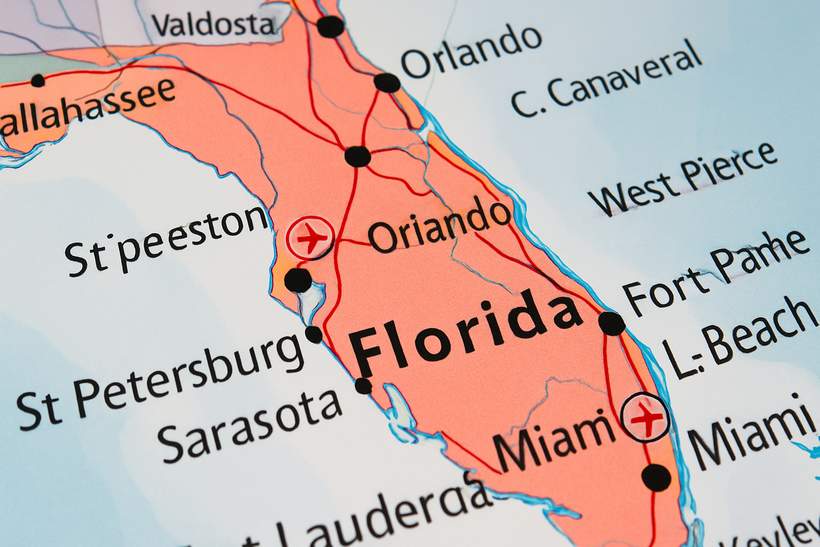Florida Judge Dismisses Lawsuit Against Seminole Tribe Sports Betting Agreement

Florida Judge Dismisses Lawsuit Over Seminole Tribe Gambling Deal
A Florida circuit court judge has dismissed a lawsuit aimed at invalidating the state’s sports betting agreement with the Seminole Tribe. The judge ruled that the plaintiff did not have the legal right to bring the case forward. This decision reinforces the validity of the 2021 compact that authorized statewide online sports betting under the Seminole Tribe’s control.
Judge Cites Lack of Legal Standing in Lawsuit Dismissal
On Friday, Judge Jonathan Sjostrom of the Leon County Circuit Court delivered the ruling. He found that Protect the Constitution LLC, the company that initiated the lawsuit, failed to demonstrate sufficient legal standing. The court noted the group did not provide clarity about its members, their business activities, or how the compact directly impacted them.
Because of these shortcomings, the judge concluded that the plaintiffs did not prove they suffered any concrete harm from Florida’s sports betting framework. However, the court allowed Protect the Constitution until November 21 to amend and refile their complaint if they choose to do so.
The lawsuit targeted a 2021 agreement between Governor Ron DeSantis and the Seminole Tribe of Florida, which Florida lawmakers later approved. This compact permits the tribe to accept mobile sports bets placed anywhere in the state, provided that all wagers are processed on servers located on tribal land. Supporters argue this arrangement complies with federal laws regulating tribal gaming.
Dispute Centers on 2018 Constitutional Amendment and Sports Betting Expansion
The core issue involves a 2018 amendment to Florida’s constitution, passed by voters, that grants residents the authority to approve casino gambling through statewide referendums. Protect the Constitution argued that allowing mobile sports betting statewide without voter approval contradicts this amendment. They maintain that sports betting constitutes casino gambling and thus requires explicit voter consent.
The state’s legal team, led by Attorney General James Uthmeier, opposed this claim. They argued that the 2021 compact complies with both state and federal laws, specifically citing the Indian Gaming Regulatory Act, which authorizes states and tribes to negotiate agreements regarding tribal gaming operations. Furthermore, the state highlighted the compact’s significant financial benefits, projecting at least $2.5 billion in revenue for Florida over five years.
Judge Sjostrom’s decision did not address the constitutional question regarding the 2018 amendment nor the compact’s compliance with it. Instead, the ruling focused solely on whether the plaintiffs had the proper standing to proceed. This follow-up case adds to multiple previous unsuccessful legal attempts by various parties to block the Seminole Tribe from expanding its sports betting operations, thereby maintaining the tribe’s exclusive rights to online sports wagering under the 2021 agreement.